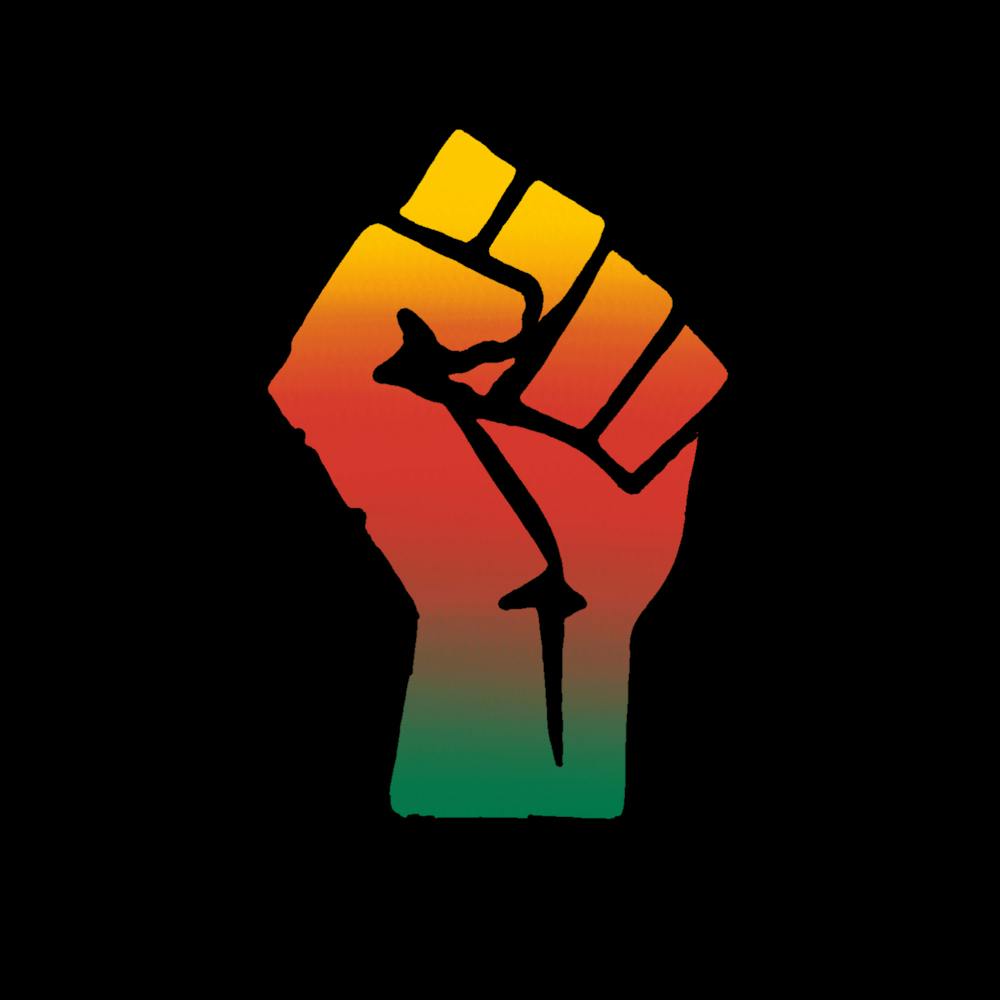Today, June 19 — Juneteenth or Black Independence Day — marks an important day in our country’s history. Juneteenth was originally celebrated on June 19, 1866, in Texas to mark the date that enslaved people learned of the Emancipation Proclamation. The proclamation couldn’t be enforced in states that were still under Confederate control, which caused a delay in the freedom of many enslaved people.
The proclamation held little to no power in the South since the Confederate government didn't recognize Abraham Lincoln’s power and instead upheld Jefferson Davis as “Confederate President.” So to become free under the proclamation, an enslaved person would have to escape or be freed by Union forces.
On June 19, 1865, in Galveston, Texas, the news of freedom by mail was provided by Maj. Gen. Gordon Granger along with two thousand Union troops. Over 250,000 enslaved Texans at the time learned of the news together.
In 1980, Juneteenth was established as a state holiday in Texas with Massachusetts following suit with recognition in 2007. As of June 16, 2021, Juneteenth was signed into law by President Joe Biden as a federal holiday, one of 11 recognized nationally.
13 years before any anti-slavery legislation was passed, Fredrick Douglass gave a speech called “What to the Slave is the Fourth of July?” Written in 1852, Douglass' words still ring true to those reading today.
“What, to the American slave, is your Fourth of July? I answer: a day that reveals to him, more than all other days in the year, the gross injustice and cruelty to which he is the constant victim,” Douglass said.
Those enslaved knew nothing was wrong with the way they were being treated and the way they were living until their masters celebrated a day of “independence,” a day that their slaves did not receive for no justifiable reason.
Instead, they spent their lifetimes working to establish a country that consistently treated them unfairly and treats their descendants unjustly. Being brought over from Africa, separated from their families and beaten to death isn't something they deserved. They deserved the same independence as the people that were celebrating around them.
Douglass furthered his line of questioning, "... why am I called upon to speak here to-day? What have I, or those I represent, to do with your national independence? Are the great principles of political freedom and of natural justice, embodied in that Declaration of Independence, extended to us?”
Granting enslaved people true freedom did create a stepping stone for our country. However, it took two years for over a quarter million Texans and other enslaved people around the Confederate South to be freed. Extending life, liberty and the pursuit of happiness to those enslaved would allow for a nation that is “united.”
However, this extension has been historically tumultuous for Black people, and it still is. There is no reason slavery should’ve been prominent in America for at least 265 years and people still are mistreated on the basis of their skin color.
History knows slaves only as “runaways,” not as establishers — not even as true people. Thinking of enslaved people this way is exactly why no high school history class discusses the partial hold on the Emancipation Proclamation.
Instead, many schools teach nationalism through the mandatory recitation of the Pledge of Allegiance.
47 states require the pledge of allegiance to be recited within schools around their state. “For liberty and justice for all,” is something in the Pledge of Allegiance heard nationwide daily, whether in federal workplaces or schools. However, it just doesn’t hold true.
“Liberty and justice” is one thing that the U.S. hasn’t made available to Black citizens. There have been many ventures towards “liberty and justice,” like the Civil Rights Movement, the Black Lives Matter movement and the establishment of historically Black colleges and universities.
However, “liberty and justice” are two things we are still yet to see. What exactly was the “liberty and justice” when Emmitt Till, Trayvon Martin, Medgar Evers, James Chancey and millions of other Black people were wrongly accused or murdered insensibly?
I plan on spending today thinking of those who lost their lives while fighting for “liberty and justice for all” and thinking of those who lost their lives those whose only transgression was being Black in America.
Today is about liberty and justice, and the remembrance of those who have died to establish it for Black people. Spend today thinking of those who were enslaved who worked to establish your country. Juneteenth isn’t just a day that you get off of work or that I get off from class — it’s an Independence Day and it should be known as such.
Do you like this story? The Plainsman doesn't accept money from tuition or student fees, and we don't charge a subscription fee. But you can donate to support The Plainsman.

Brychelle Brooks, senior majoring in public and professional writing with a minor in information systems, has been with The Auburn Plainsman since August 2023. She previously served as the Campus Reporter, Opinion Editor and Newsletter Editor. She is currently serving as the Editor-in-Chief.





